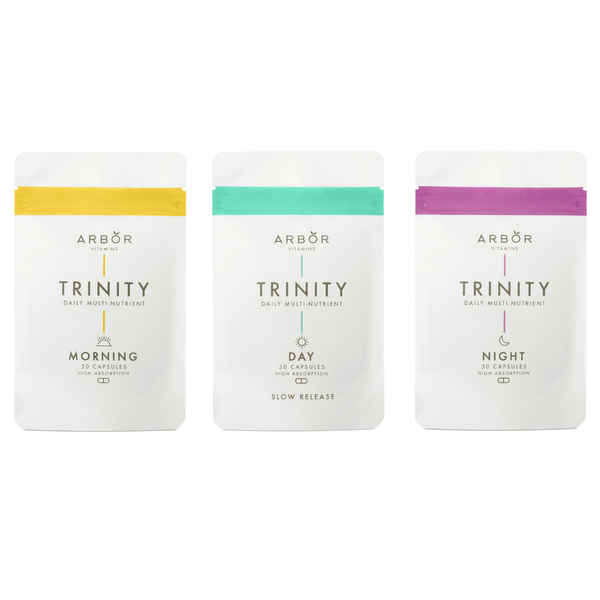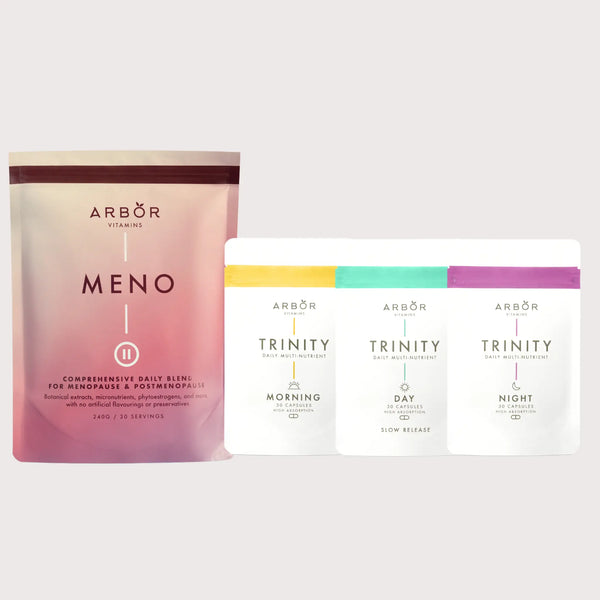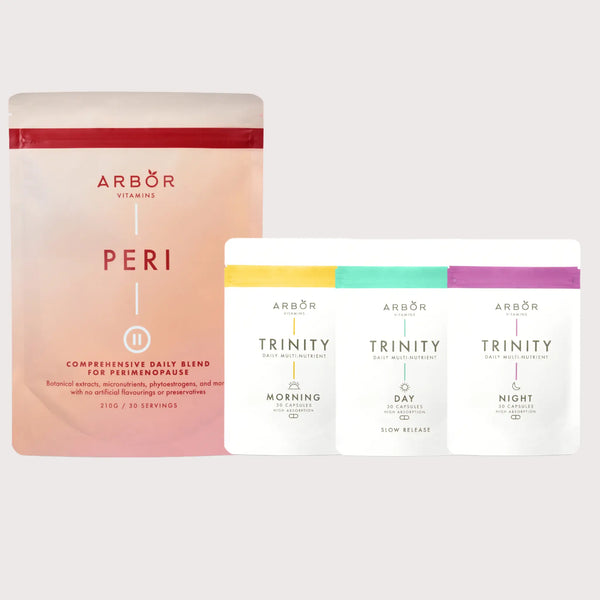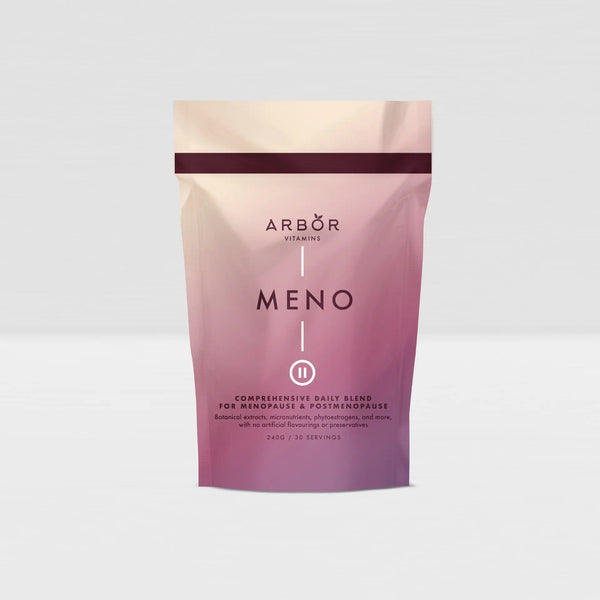Should I Take a Daily Multivitamin?
Should I Take a Daily Multivitamin?: In today's challenging lifestyles across all age groups, many people wonder, "Should I take a daily multivitamin?" We think so! Keep reading to see what Arbor Vitamins offers!
Deciding whether to add a supplement to your routine is a personal matter that depends on various factors, including gender and age. In a society where supplements are widely available in food shops and pharmacies, it's essential to consider your dietary habits, lifestyle, and any medical conditions carefully when asking, "Should I take a daily multivitamin?"
If you maintain a balanced diet and are confident in your daily eating habits, you may not need a multivitamin – but several lifestyle factors can impact nutrient levels in our bodies (eg. stress, smoking).
Who May be at Risk for a Nutrient Deficiency?
Several variables make some groups more susceptible to dietary deficiencies:
- People with chewing and swallowing difficulties
- Vegetarians and vegans: These individuals may be at risk for deficiencies in certain nutrients, such as vitamin B12, iron, zinc, and omega-3 fatty acids, if their diets are not carefully planned.
- Infants and young children: Rapid growth and development during early childhood require adequate nutrients. Additionally, picky eating habits or restricted diets may lead to deficiencies.
- Older adults: Aging can affect nutrient absorption, and older adults may have decreased appetite or difficulty chewing, leading to inadequate nutrient intake.
- People with certain medical conditions: Individuals with gastrointestinal disorders, food allergies, or chronic diseases may have difficulty absorbing nutrients or require special diets that could lead to deficiencies.
- Pregnant or breastfeeding women: They have increased nutritional needs to support both their own health and the growth and development of their baby.
- Malabsorption diseases include inflammatory bowel disease (IBD), celiac disease, or gastrointestinal procedures.
- Medications, such as proton pump inhibitors (PPI) and diuretics
It's essential for these groups to be mindful of their nutrient intake and, if necessary, consult with a healthcare professional or registered dietitian to address any deficiencies and ensure they meet their nutritional needs.
Recognising the Function of Multivitamins
Supplements called multivitamins often come in different dosages. They include a blend of vitamins, minerals, and many other health-friendly components.
The objective is to supplement a healthy, balanced diet and plug the gap where our diets may fall short. Nonetheless, it is fundamental to comprehend that supplements cannot replace a balanced diet. Click here to read about what vitamins are good to boost immune system.
When Might Multivitamins Be Useful?
The following population groups are vulnerable to declined nutrient reservoirs. Hence, multivitamins could be helpful for:
Restricted Food Variety or Poor Appetite
If you have restricted food selection or a poor appetite, you could find it helpful to take a multivitamin to ensure you get the vital elements you might not be getting from your diet.
Medical Conditions
Several illnesses can make it more difficult for the body to absorb nutrients from:
- Regular meals
- Malabsorption
- Ulcerative colitis
- Celiac disease, and
- Many other diseases
Age
The following reasons could be a challenge for 70+ years to achieve nutritional needs:
- Decreased appetite
- Dental problems
- Prescription (or medicinal) side effects
Pregnancy
To promote the growth of the foetus, pregnant women have higher needs for certain nutrients, such as:
- Iron
- Calcium
- Vitamin D
- Folate
A prenatal multivitamin could be useful.
Busy Lifestyle
Your daily plans make it challenging to eat a routinely balanced diet. To connect any dietary deficiencies, you should consider a multivitamin.
How to Select the Correct Supplement?
To guarantee a multivitamin's efficacy and safety, several variables should be taken into account when choosing one:
Form
Multivitamins come in a range of forms, such as:
- Liquids
- Powders
- Capsules
Select a form that will fit quickly and conveniently into your daily schedule.
Ingredients
Look for a multivitamin that contains no needless fillers or additives and offers the Recommended Daily Allowance (RDA) of essential vitamins and minerals. Choose our TRINITY multi-nutrient supplements UK.
Individual Needs
When choosing a multivitamin that meets your needs, take into account your unique nutritional requirements, including:
- Age
- Gender, and
- Any underlying medical issues
The Bottom Line
Deciding whether to take a daily multivitamin depends on individual needs and diet. Some may benefit from supplements, while others may get enough nutrients from food alone.
Consider adding our multivitamins to your diet to support overall well-being. Always consult with a healthcare professional before starting any new supplement regimen to ensure safety and suitability.












